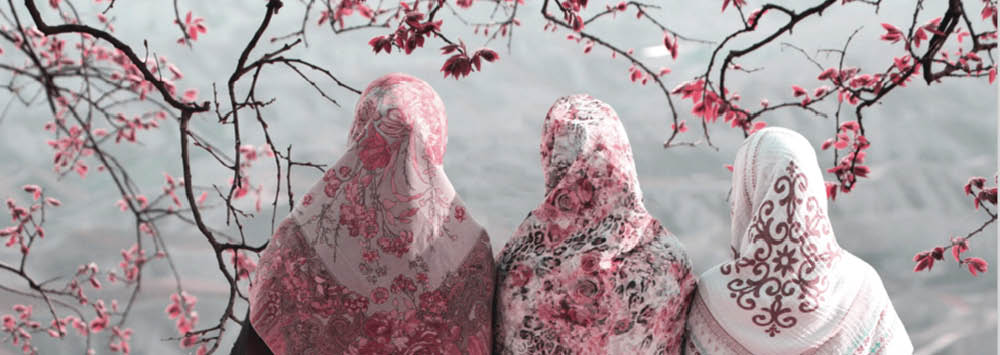Led by Dr Elham Amini, this research aims to encourage thinking about menopause and menopausal experiences as this relates to at least two key aspects of women’s lives, namely, gender and ethnicity. Dr Amini addresses menopause and the menopause experience as a gendered, embodied, and lived phenomenon in Iranian Muslim women.
Menopause is characterised both by cultural constraint and by the agency of individuals which resides in the fact that participants negotiate and mediate gender power through their bodies, as well as in the specific ways that they interpret dominant cultural symbolism and meanings. So, instead of focussing on menopausal symptoms, such as hot flushes, anxiety, depression, vaginal dryness, and how to fix them by ‘giving hormones’, Dr Elham Amini aims to explain why menopause serves as a negative shift in women’s social status and their self-appraisals.
The other focus is how a natural and inevitable part of a woman’s life course has been shaped as a catastrophe by celebrities and some journalists. Therefore, menopause in her research is not limited to the biological and hormonal aspects (although they are not ignored), but it is considered as a dynamic social interaction between, at the macro-level, socio-cultural structures and at the micro-level, personal, embodied responses to these normative structures.
Menopause indeed has a material part, which is about the hormones and cessation of bleeding, but we live with our cultural bodies. We understand our physical body and the experiences related to it through meanings which are embedded in socio-cultural structures of our society. This is particularly relevant to the experience of gendered embodiment and the phenomena such as menstruation and menopause. Both medical discourse and cultural structure shape the meaning of menopause, influencing women’s lived experiences.
Dr Elham Amini has published papers with collaboration of Dr Paula Briggs, Consultant in Sexual and Reproductive Health and the Chair of British Menopause Society:
- Amini, E. and Briggs, P., 2022. Tales not from the clinic!. Post Reproductive Health, 28(3), pp.176-180
and Professor Mark McCormack, Professor of Sociology in the Department of Social Sciences and Director of the Centre for Equality, Justice and Social Change at Roehampton University:
- Amini, E. and McCormack, M., 2021. Older Iranian Muslim women’s experiences of sex and sexuality: A biographical approach. The British Journal of Sociology, 72(2), pp.300-314.
- Amini, E. and McCormack, M., 2019, September. Medicalization, menopausal time and narratives of loss: Iranian Muslim women negotiating gender, sexuality and menopause in Tehran and Karaj. In Women's Studies International Forum (Vol. 76, p. 102277). Pergamon.
Back to: Department of Sociology, Social Policy and Criminology
